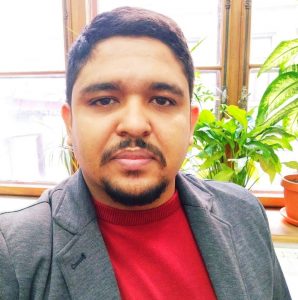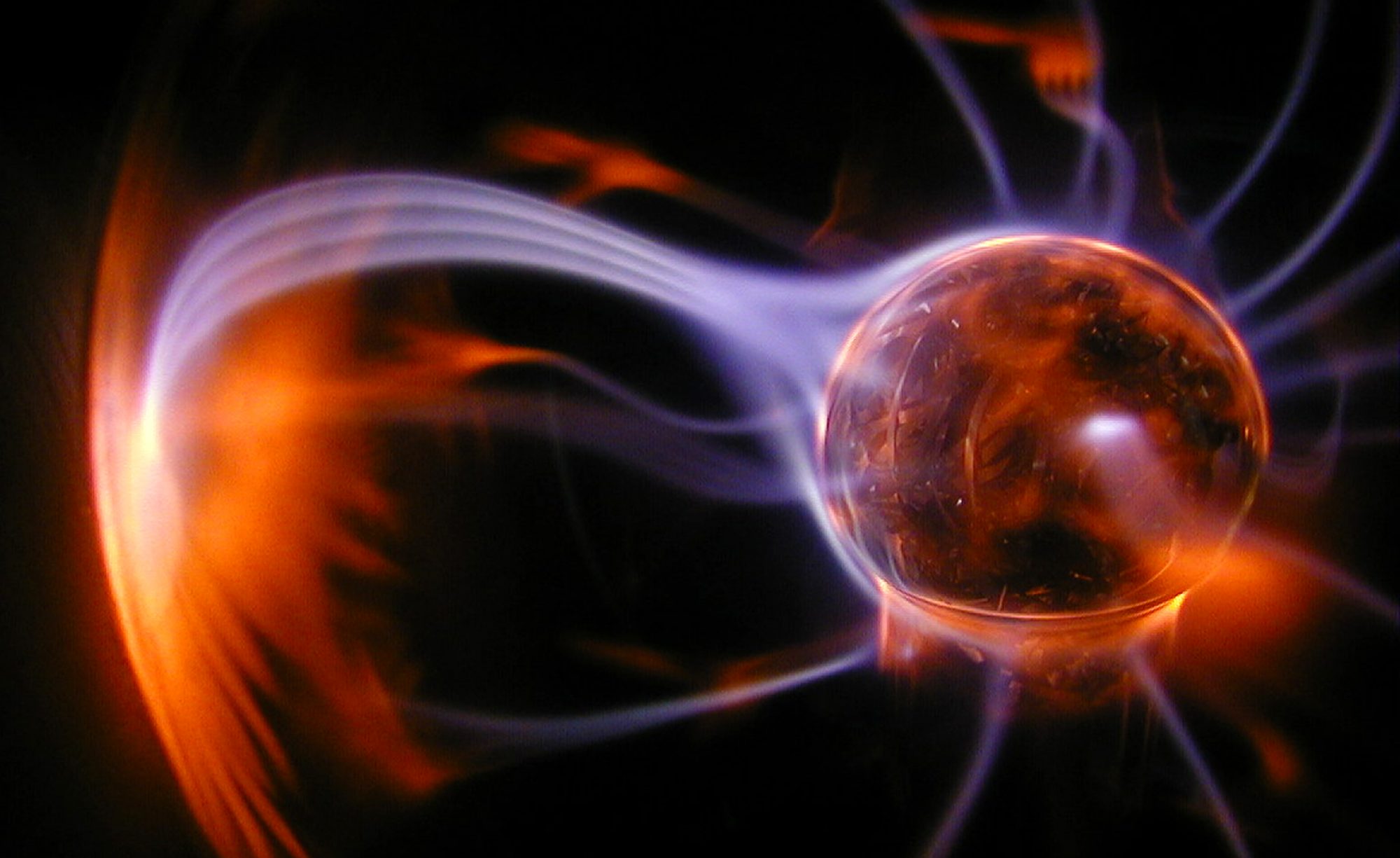
My name is Jairo Barauna and I am a Brazilian that always loved nature and science, so at some point I decided to work with one, to help the other. For this, I first obtained a Bachelor Degree in Science and Technology at Federal Rural University of Semi-arid Region (UFERSA) and a Master Degree in Mechanical Engineering in the field of Materials and Manufacturing Processes at University of Campinas (Unicamp), also working as a Technological Development Analyst at the Brazilian Nanotechnology National Laboratory (LNNano). Since the very beginning, my research interests walked along the border between chemistry, physics and materials science and there is where I find my tools to help tackle environmental problems. I have worked with Atmospheric Plasma interactions with aqueous solutions, nanocomposites synthesis and photocatalysts for solar fuels production. Now, as PIONEER – ESR 14, I am gathering those experiences, in order to understand and design an innovative system that recycles CO2 to generate organic compounds using Plasma, liquid water and nanocatalysts.
| Overview |  |
| ESR: | 14 |
| Title: | Plasma-assisted production of organic acids by reacting CO2 with water |
| Home Institution: | University of Bucharest (UoB) |
| 1st Supervisor: | Vasile Parvulescu |
| Host Institution: | Spanish National Research Council Instituto de Carboquímica (CSIC-ICB) |
| 2nd Supervisor: | Tomás García |
| Secondment: | Laboratoire de Physique des Plasmas (CNRS-LPP) | Supervisor: | Olivier Guaitella |
Objectives
Non-thermal plasma in contact with water will be used to convert CO2 into organic acids. Corona discharges generated in gas bubbles inside the liquid and dielectric barrier discharges in gas-liquid environment are considered. The plasma has a double role: (i) to produce vibrationally excited CO2, and (ii) to dissociate H2O molecules, generating H and OH radicals. Subsequent chemical reactions between excited CO2 and these reactive species will be promoted at the gas-liquid interface, resulting in the formation of organic acids. The reaction pathways will be studied for various reactor designs and experimental conditions to achieve efficient and selective conversion of CO2. Design and synthesis of manganese-based catalysts will be carried out with the scope to activate CO2 excited species. Nanocasting method will be applied to obtain very stable manganese-based catalysts with high surface area as replica of different silica templates such as KIT-6 and SBA-15 to tune up crystallite size and mean pore size. In addition, catalyst key parameters such as oxygen defects, surface area, pore size distribution and surface area can be modified changing variables during the impregnation step. Obviously, activation of CO2 is possible on the multivalent/defected oxides. On the other side, further transformation by water of these activated CO2 molecules would be catalysed by Lewis acid species that would be generated on the same type of oxides. Not at the end, the catalytic system should not be blocked by the produced organic acid. A new plasma-chemical technique for CO2 recycling and valorisation by conversion into organic acids will be studied. The method is based on electrical discharges generated at the gas-liquid interface. To determine its future potential, investigations of the effect of reactor design, discharge characteristics, addition of catalysts etc. will be carried out, aimed at obtaining efficient and selective CO2 conversion. Manganese-based catalysts for the production of organic acids via the conversion of CO2 in water will be as well produced at CSIC-ICB. This project will give the ESR a strong training in synthesis, spectroscopy and homogeneous heterogeneous catalysis, together with the special concepts required for applications to fluorinated molecules.
Expected Results
- Investigating plasma in contact with liquid for organic acids synthesis from CO2
- Development of catalytic materials for this peculiar configuration
Secondments
- CSIC-ICB: Gain catalyst synthesis insight through nanocasting method with different templates
- CNRS-LPP: Expertise of Olivier Guaitella in plasma in contact with water

